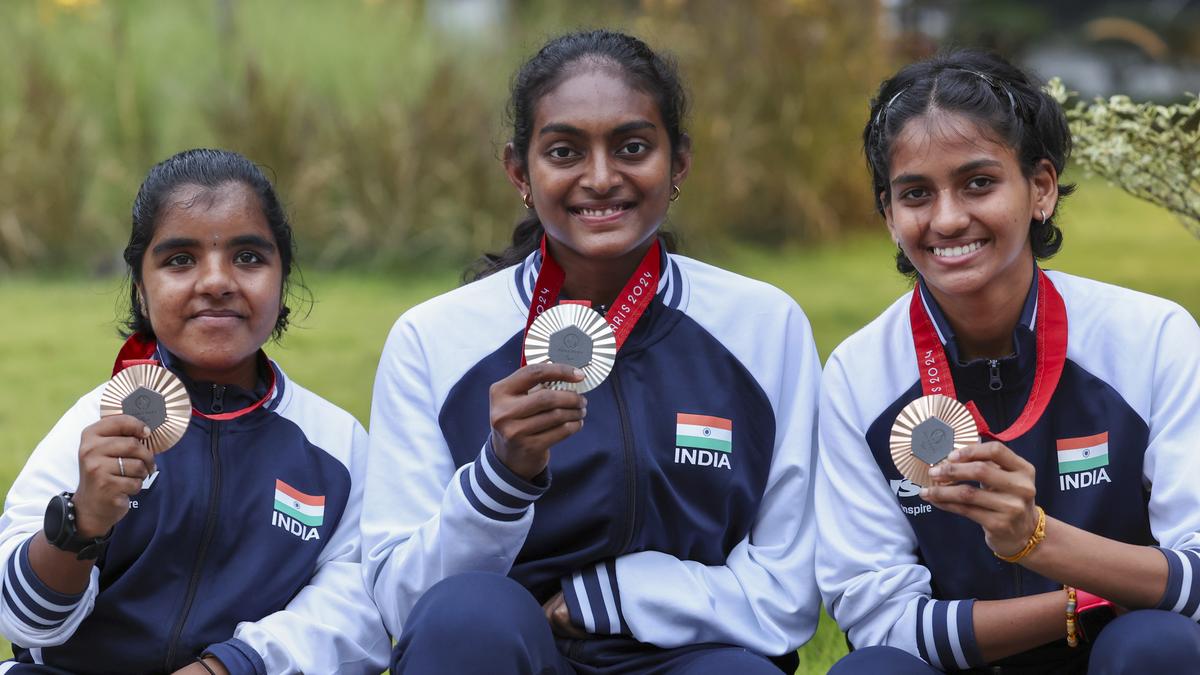AMMAN: UN Secretary-General Antonio Guterres on Monday called for a massive supply of aid to Gaza to fight starvation, saying there was a growing international consensus to tell Israel a ceasefire is needed in its war on Hamas.
Speaking on a visit to Jordan, Guterres said he also saw a growing consensus for telling Israel that any ground invasion of Rafah, Gaza’s southernmost town on the Egyptian border, could mean a humanitarian disaster.
Rafah has become the last refuge for half of Gaza’s uprooted population, swollen by displaced Palestinians escaping fighting elsewhere in Gaza after more than five months of war.
Israel should lift all obstacles to aid into Gaze and allow convoys of the UN Palestinian refugee agency UNRWA into northern Gaza where starvation is looming, Guterres said.
“It is absolutely essential to have a massive supply of humanitarian aid now. This means opening more entry points, this means a concentration of efforts of all entities and without obstacles and limitations from the Israeli side,” Guterres said.
During a tour of a centre in Jordan’s Wihdat camp where UNRWA provides health and education services, the top UN official said that the agency was a lifeline of hope and dignity for millions of refugees across the region.
“The decision not to allow UNRWA’S convoys to go to northern Gaza where we have a dramatic starvation situation is totally unacceptable and those that took that decision must assume the responsibility facing history of the consequences of the decision,” Guterres added.
Israel stopped all imports of food, medicine, power and fuel into Gaza at the start of the war. Although it later let in aid deliveries, aid organisations say security checks and the difficulty of moving through a war zone have greatly hindered their operations.
Jordan’s Foreign Minister Ayman Safadi, accompanying Guterres, appealed to UN Security Council members to vote on Monday in favour of a resolution calling for a ceasefire and pressing Israel to allow unimpeded aid, saying it would send a “message that what’s happening is unacceptable and what’s happening has to stop.”
“Nothing justifies continuing with killing innocent people … committing so many massacres. Nothing justifies denying men, women and children their right to food and medicine,” Safadi added.
Jordan, which lies at the heart of the Arab-Israeli conflict, hosts 2.4 million Palestinian refugees, the largest number of such refugees among Israel’s neighbours. Many of its citizens are of Palestinian origin.
UNRWA has been in crisis since Israel accused a dozen of its staff of involvement in the Oct. 7 Hamas attacks against Israel.
The allegations prompted several big donors to UNRWA to pause funding, putting the agency’s future in doubt. However, some other countries have since restored funding.
Israel denies blocking aid to Gaza, and says delivery of aid once inside the territory is the responsibility of the UN and humanitarian agencies. Israel has also accused Hamas of stealing aid, a charge the group denies.
Speaking on a visit to Jordan, Guterres said he also saw a growing consensus for telling Israel that any ground invasion of Rafah, Gaza’s southernmost town on the Egyptian border, could mean a humanitarian disaster.
Rafah has become the last refuge for half of Gaza’s uprooted population, swollen by displaced Palestinians escaping fighting elsewhere in Gaza after more than five months of war.
Israel should lift all obstacles to aid into Gaze and allow convoys of the UN Palestinian refugee agency UNRWA into northern Gaza where starvation is looming, Guterres said.
“It is absolutely essential to have a massive supply of humanitarian aid now. This means opening more entry points, this means a concentration of efforts of all entities and without obstacles and limitations from the Israeli side,” Guterres said.
During a tour of a centre in Jordan’s Wihdat camp where UNRWA provides health and education services, the top UN official said that the agency was a lifeline of hope and dignity for millions of refugees across the region.
“The decision not to allow UNRWA’S convoys to go to northern Gaza where we have a dramatic starvation situation is totally unacceptable and those that took that decision must assume the responsibility facing history of the consequences of the decision,” Guterres added.
Israel stopped all imports of food, medicine, power and fuel into Gaza at the start of the war. Although it later let in aid deliveries, aid organisations say security checks and the difficulty of moving through a war zone have greatly hindered their operations.
Jordan’s Foreign Minister Ayman Safadi, accompanying Guterres, appealed to UN Security Council members to vote on Monday in favour of a resolution calling for a ceasefire and pressing Israel to allow unimpeded aid, saying it would send a “message that what’s happening is unacceptable and what’s happening has to stop.”
“Nothing justifies continuing with killing innocent people … committing so many massacres. Nothing justifies denying men, women and children their right to food and medicine,” Safadi added.
Jordan, which lies at the heart of the Arab-Israeli conflict, hosts 2.4 million Palestinian refugees, the largest number of such refugees among Israel’s neighbours. Many of its citizens are of Palestinian origin.
UNRWA has been in crisis since Israel accused a dozen of its staff of involvement in the Oct. 7 Hamas attacks against Israel.
The allegations prompted several big donors to UNRWA to pause funding, putting the agency’s future in doubt. However, some other countries have since restored funding.
Israel denies blocking aid to Gaza, and says delivery of aid once inside the territory is the responsibility of the UN and humanitarian agencies. Israel has also accused Hamas of stealing aid, a charge the group denies.






